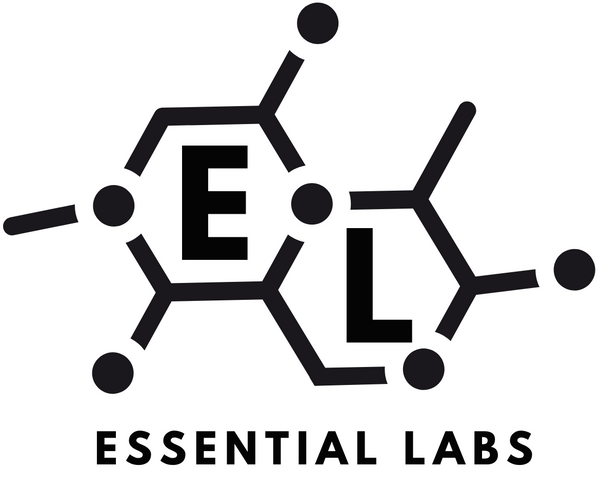In the pursuit of optimal health, many individuals turn to supplementation as a means to complement their diets. While a well-rounded and nutritious diet remains the cornerstone of good health, supplements can play a valuable role in addressing specific needs and enhancing overall well-being.
So what are the Benefits of Supplementation?
1. Nutrient Enhancement:
Individuals with restrictive diets or dietary restrictions may find supplements useful in filling nutrient gaps. Supplements provide an extra layer of assurance for meeting daily nutritional requirements.
2. Health Support:
Certain supplements are renowned for supporting specific health aspects. For instance, omega-3 fatty acids contribute to heart health, while vitamin D is crucial for bone health. Targeted supplementation can aid in preventive health measures and complement lifestyle choices.
3. Performance and Fitness:
Athletes often turn to supplements in order to support their training goals. Protein supplements aid in muscle recovery and growth, while beta-alanine enhances exercise endurance. Strategic supplementation can be a valuable tool in achieving fitness objectives efficiently.
4. Medical Conditions:
Individuals with specific health conditions may experience nutrient deficiencies. Supplements, under proper medical guidance, can assist in managing these deficiencies effectively. In some cases, supplementation becomes a therapeutic approach in the treatment plan.
How to Properly Supplement?
1. Consultation:
Before embarking on any supplementation journey, consulting with a healthcare professional is paramount. Healthcare professionals can assess individual needs, existing health conditions, and potential interactions with medications.
2. Personalized Approach:
Recognize that everyone's nutritional requirements are unique. Tailor your supplement regimen based on factors such as age, sex, health status, and lifestyle. Personalization ensures that supplementation aligns with individual needs and goals.
3. Quality Matters:
Opt for supplements from reputable brands that prioritize quality and safety. Third-party testing certifications provide assurance regarding the authenticity and purity of the supplement.
4. Avoid Excess:
Moderation is key. Excessive intake of certain vitamins or minerals can lead to adverse effects. Adhere to recommended dosages and refrain from self-prescribing high doses without professional guidance.
5. Whole Foods First:
Supplements should complement, not replace, a balanced diet. Prioritize obtaining nutrients from whole foods whenever possible. Whole foods offer a spectrum of nutrients in their natural form, providing a holistic approach to nutrition.
Bottom Line.
In navigating the world of supplementation, a thoughtful and informed approach is essential. While supplements can offer valuable support, they are not a substitute for a wholesome diet and healthy lifestyle. By consulting with healthcare professionals, personalizing supplementation plans, and prioritizing quality, individuals can harness the benefits of supplementation for enhanced well-being.

